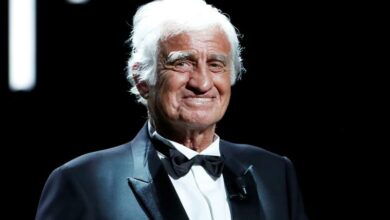Australia seeks to allow collective media bargaining with Facebook, Google

Sydney, Australia, Jul 1 (EFE).- The Australian Competition and Consumer Commission (ACCC) reported Thursday that it seeks to authorize a journalistic group representing 81 members and 160 regional newspapers to negotiate collectively with Facebook and Google over payments for their content that it runs on its platforms.
After issuing a provisional permit in April, the regulatory body is working on a draft of the framework to allow Country Press Australia and its members to negotiate for a period of 10 years with the American tech giants.
“This measure should lead to more efficient and effective negotiations, making commercial deals more likely and thereby contributing to the sustainability of news in regional Australia,” ACCC Chair Rod Sims said in a statement.
Sims believes that collective bargaining will allow regional media a united front that will “address some of the considerable bargaining power imbalance between the digital giants and these local news outlets.”
Without authorization, these arrangements risk breaching competition laws because no digital platforms have yet been ‘designated’ under the news bargaining code, ACCC said.
On Feb. 25, Australia’s parliament approved a law that forces large technology companies to pay local media for their content published on the platforms of Google and Facebook.
Large media groups have already signed multi-million-dollar deals, although many smaller media companies are still missing.
The Australian law, which could be a benchmark for other countries, was created as a result of the media crisis due to the drop in advertising revenues in the last two decades, which has caused massive layoffs across newsrooms, cuts in research spending and a move from print to digital to cut costs.
Last year, the chairman of Nine Entertainment, Peter Costello, said that Google and Facebook generate Australian ad revenue worth about AU$6 billion ($4.5 million) and approximately 10 percent of that figure is the result of news content. EFE
wat/tw





